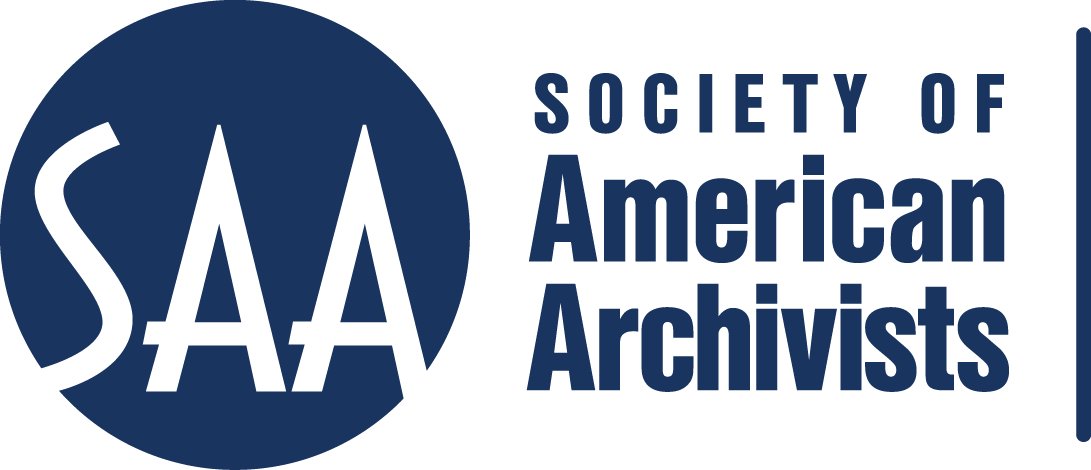Time Flies but the Literature Grows: Timely Reviews for a Fast-Paced Field
Is it just us, or was time particularly inconsistent this spring?
Deadlines seemed to come faster but breaks never seemed to arrive. One day could feel like an eternity, but then suddenly six weeks had flown by! Scientists have all kinds of theories about why we perceive time differently in different scenarios,2 but in our experience the common denominator is that we never feel like we have enough time to do everything we want to do.
So, in the midst of scheduling crunches and endless to-do lists, of competing priorities and ongoing responsibilities, how do we find time to keep up with the archival literature? Here is where reviews can help. While we as individuals may not have time to tackle every 300-page new release or demo every new software tool, we as a community can. And we can share our thoughts through reviews—both here in the journal and on the Reviews Portal—to assist our colleagues in deciding which resources will offer the best return for their valuable time.
While the six reviews featured in this issue all center on very different publications, the reviewers offer wonderful insights into how these publications contribute to existing archival discourse. We begin with reviews of two recent books published by the Society of American Archivists: Alone in the Stacks: Succeeding as a Solo Archivist, written by Christina Zamon and reviewed by Alison Quirion, and Teaching Primary-Source Research Skills to 21st-Century Learners, written by Julie Thomas and reviewed by Lauren Kata. The former offers practical guidance for implementing archival best practices in small repositories or one-person shops, while the latter explores pedagogical approaches for teaching primary source research skills in light of twenty-first-century learners’ unique characteristics. Although archival best practices and primary source instruction are both popular topics in recent archival literature, Quirion and Kata expertly demonstrate how Alone in the Stacks and Teaching Primary-Source Research Skills complement and expand on discussions found in earlier publications and thus are well worth readers’ time.
The next two reviews focus on some of the most urgent issues that archives face in the United States and around the world. Mollie Frazier reviews A Green New Deal for Archives by Eira Tansey, which describes climate change's threats to archives and Tansey's three-pronged approach, which mirrors New Deal programs and policies, for mitigating these threats. Kamila Pawełczyk-Dura reviews volumes 122–24 of Archeion, the oldest journal in the world dedicated to archival science. Published in Poland in both Polish and English, Archeion's three recent volumes examine how international scholars and practitioners are tackling challenges with modern data storage technologies, web archiving, artificial intelligence, and more. Both reviews highlight the importance of engaging collaborators across professional and geographic boundaries to achieve long-term solutions to persistent problems.
The final two reviews in this issue highlight scholarship emerging from unique collections of archival and literary materials. The Art of Ectoplasm: Encounters with Winnipeg's Ghost Photographs, an interdisciplinary essay collection edited by Serena Keshavjee and reviewed by Kure Croker, focuses on the University of Manitoba's Hamilton Family Fonds collection, which documents one family's paranormal research activities during the early to mid-twentieth century. Another Throat: Twenty-First-Century Black US Persona Poetry & the Archive, written by Ryan Sharp and reviewed by Amanda King, explores how Black US poets use persona poetry to challenge the silences and misrepresentations of Black histories, experiences, and cultures in archives. Both reviews point to the myriad ways that modern scholars across disciplines are interrogating archival materials and gaps to complicate traditional historical narratives.
We here at American Archivist will continue to offer you reviews—both in the journal and on the portal—of the newest additions to archival literature. We hope these reviews will guide busy readers to the publications and tools most interesting to them and applicable to their work in the field.
On the Reviews Portal
(In chronological order, published between September 2024 and March 2025)
Intergenerational Conversations
Preston, Genevieve. “Future Goodness and Continuing Hope.” Intergenerational Conversations series. October 30, 2024. https://reviews.americanarchivist.org/2024/10/30/future-goodness-and-continuing-hope.
Williams Clawson, Ashley. “Our Future Is Still Now: Revisiting David Gracy's Presidential Address.” Intergenerational Conversations series. December 20, 2024. https://reviews.americanarchivist.org/2024/12/20/our-future-is-still-now-revisiting-david-gracys-presidential-address.
Briston, Heather. “A Window on the Past: Measuring How Far We Have Come in Eighty Years.” Intergenerational Conversations series. March 3, 2025. https://reviews.americanarchivist.org/2025/03/03/a-window-on-the-past-measuring-how-far-we-have-come-in-eighty-years.
Reviews
Clear, Mattie. Review of The Inclusive Historian's Handbook. October 1, 2024. https://reviews.americanarchivist.org/2024/10/01/the-inclusive-historians-handbook.
Mathison, Bryan. Review of Oral Histories of the American South. November 17, 2024. https://reviews.americanarchivist.org/2024/11/17/oral-histories-of-the-american-south.
Oestreicher, Cheryl. Review of Heritage, Memory and Identity in Postcolonial Board Games, edited by Michal Mochocki. September 23, 2024. https://reviews.americanarchivist.org/2024/09/23/heritage-memory-and-identity-in-postcolonial-board-games.
Webster, Nancy L. Review of Access to Memory. February 26, 2025. https://reviews.americanarchivist.org/2025/02/26/access-to-memory.

